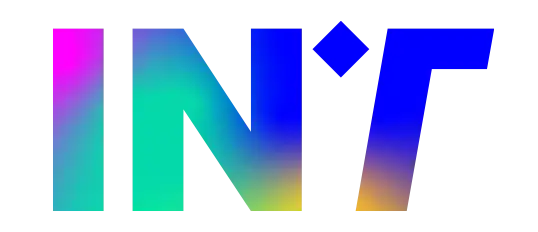VIPPSTAR is the European project that is revolutionizing the approach to rehabilitation and inclusion of children and adolescents with visual disabilities. Thanks to the support of European funds, VIPPSTAR is not only an innovative platform but a real hope for many young people who face the daily challenges resulting from a visual disability. The project, which uses cutting-edge technologies such as artificial intelligence, the use of avatars and “serious gaming”, aims to improve the autonomy and well-being of children, with the aim of ensuring a more independent and healthy life.
Technological innovation for self-sufficiency
VIPPSTAR is distinguished by the use of a powerful mix of advanced technologies designed to meet the specific needs of children and adolescents with visual disabilities. The platform provides a series of personalized rehabilitation interventions, accompanied by innovative digital tools, including interactive avatars and serious games (“serious gaming”), which stimulate children through multisensory feedback. These tools not only make the rehabilitation process more engaging, but also help to improve cognitive, motor and emotional skills, encouraging autonomy in a fun and accessible way.
Telemedicine as a tool for inclusion
One of the most innovative aspects of VIPPSTAR is its telemedicine platform dedicated to early and personalized rehabilitation. Thanks to this platform, children and adolescents can access support and rehabilitation sessions without having to face complex or expensive travel. The project involves parents being actively involved in the rehabilitation process, participating in exercises designed according to the latest scientific approaches. This system not only promotes the autonomy of children, but also supports their growth, promoting neurodevelopment and mental health on a continuous basis.
A sustainable and safe project
Safety is a priority at VIPPSTAR. During the Safer Internet Day, the platform met the highest standards of privacy, transparency and security. This is ensured by the “regulatory sandbox”, a controlled environment where AI-based technologies are tested in real contexts, ensuring that they are used in an ethical and safe manner.
Italy’s contribution to the project
VIPPSTAR has been launched in Italy and will involve 8 European countries. The scientific coordination of the project is entrusted to the Neuropsychiatry of Childhood and Adolescence of the University of Brescia, in collaboration with the ASST Civil Hospital and the LIGHT Center of Brescia. The project is part of an advanced research context, where the synergy between universities, health institutions and European funds allows to address with practical and scientific solutions the daily problems of children and adolescents with visual disabilities. In this scenario, Italy plays a key role, carrying out a project of great international importance.
Integration of artificial intelligence for a personalized support
The introduction of artificial intelligence (AI) technologies is one of VIPPSTAR’s strengths. AI is used to tailor interventions and adapt them to the specific needs of each child. In particular, avatars and serious games are designed to respond to individual needs, ensuring constant feedback that stimulates the active participation of children. This customization allows to improve the quality of rehabilitation and promotes a learning that goes beyond the simple correction of vision, pushing towards the overall improvement of the child’s well-being.
For teens, VIPPSTAR also introduces a nutrition reader and coach, an artificial intelligence-based tool that helps families and kids themselves to follow healthy eating habits, Improving the quality of life and promoting balanced development.
A comprehensive approach to health and well-being
VIPPSTAR’s goal is to provide global support for children and adolescents with visual disabilities, promoting social inclusion and active participation. The project is not limited to improving visual skills, but also covers mental health, neurodevelopment and quality of life. Thanks to the integration of artificial intelligence and innovative digital tools, children with visual disabilities can face daily challenges with greater autonomy and awareness.
Creating a data network for personalised care
One of the key components of the project is the creation of VIPPSTAR-NET, a trans-national data collection network involving all of Europe. Through collaboration with the University of Edinburgh and the Higher Institute of Health, this network will provide information on the profile of each individual with visual disabilities, Monitoring progress over the long term and facilitating the development of personalised care strategies.
This data will be used to improve rehabilitation techniques, adapting them to the specific needs of each child. Information gathering and long-term monitoring are a key step towards ensuring increasingly targeted and effective assistance.
Conclusions
VIPPSTAR is an ambitious and innovative project that, thanks to the synergy between technology, scientific research and social inclusion, represents a new hope for children and adolescents with visual disabilities. With the support of European funds and the coordination of important Italian institutions, VIPPSTAR is intended to make a difference, offering children advanced and personalized tools to improve their autonomy, their well-being and their quality of life.
In a world that is becoming increasingly digital, it is crucial that everyone can access the opportunities offered by technology without barriers or discrimination. With VIPPSTAR, Italy once again demonstrates that it is at the forefront of creating inclusive and sustainable solutions, making an important contribution at European and global level.






